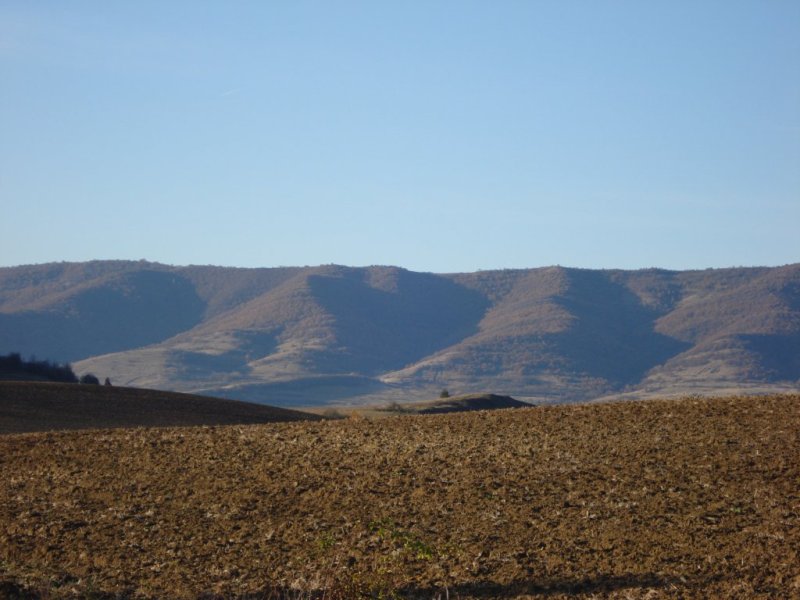Global warming affects the investments in forests
The investments in biomass are a reason for strong interest in the investments in forest areas which increases even more during the last year.
The investments in forests continue to attract investment interest despite the recession, the specialists notice an activity not only in established but also in new markets for bio-fuels and wood mass, is said in the jointly survey of the specialized consultant companies UPM Trihill and Savills.
The survey is based on data from the markets in the United Kingdom and includes massifs with areas bigger than 25 hectares which is equal to 250 decares.
According to it the average property prices increased with 82% during the last 5 years and with 126% from 2002.
Only for 2009 the market in the United Kingdom has doubled its volume and reached 48.2 million pounds.
The value of the forests for 2008/9 indicated small decrease compared with last year, but still hold on the background of the economical situation during the year and still sustain the overall trend for increase of the values from 2002 says Krispin Golding consultant in UPM Trihill.
The demand for wood mass has increased significantly during the las few years. The investors value not only the aspect in relation of timber of the forestry but also its general pluses, for example as a source of stable bio-energy, green active, a mean for fighting the carbon emissions.
According the report from the side of some industrial investors there is a strong interest to such type investments, more in relation of the increased demand for biomass rather than investment in timber. This is connected with the strong and increasing market for biomass, the expected demand of which exceeds the potential of the market in the United Kingdom. This year only in Scotland is expected to be created an additional capacity for generating energy from 750 000 tons biomass which is equal to 9% of the total coniferous timber yield in the United Kingdom.
The date for 2009 indicate also increase in the sales in relation to the deals, areas and value despite the fact that they are still not at the levels from the last few years.
The prices for 1 hectare continue the trend from 2008, the most attractive remains the category between 25 and 50 hectares, in which the prices are 6000 pounds per hectare. This indicates an increase of 6% in comparison with 2008 and with 40% in comparison with 2007.
The overall economical downturn suppressed all sectors of the market, especially the production of timber for building for new residential building, for which the demand decreased dramatically. Despite this the favorable exchange rate contributed to preserve the competitiveness of the supply of timber in Britain.
We clearly see that the value of the forests remain isolated from the overall recession, which indicates the possibility for maintaining the value of a strong confidence to the growing demand for wood, commented Ewan Berkeley from Savills.
After the slow market during 2008 we indicated more active market during 2009 with potential for improvement during 2010 and after that.
There is countries in eastern Europe, such as Bulgaria where investors could buy forests and biomass for still very low prices. Check our section : Forests for sale i n Bulgaria.


